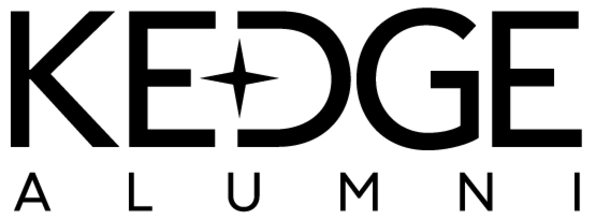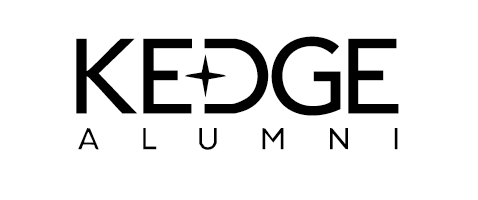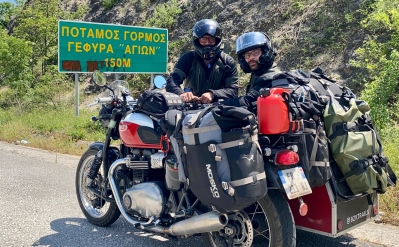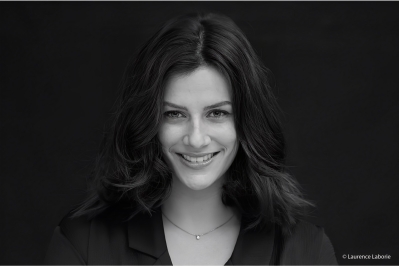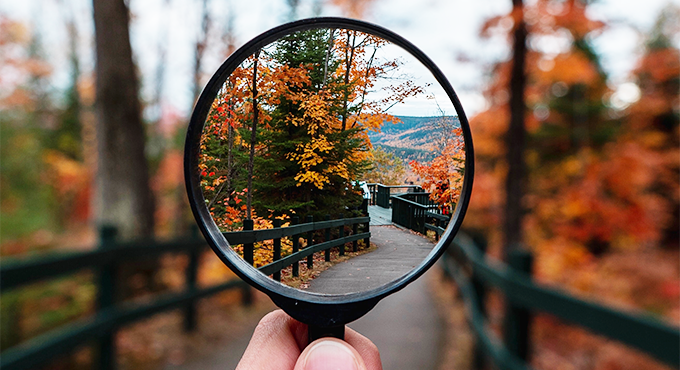News
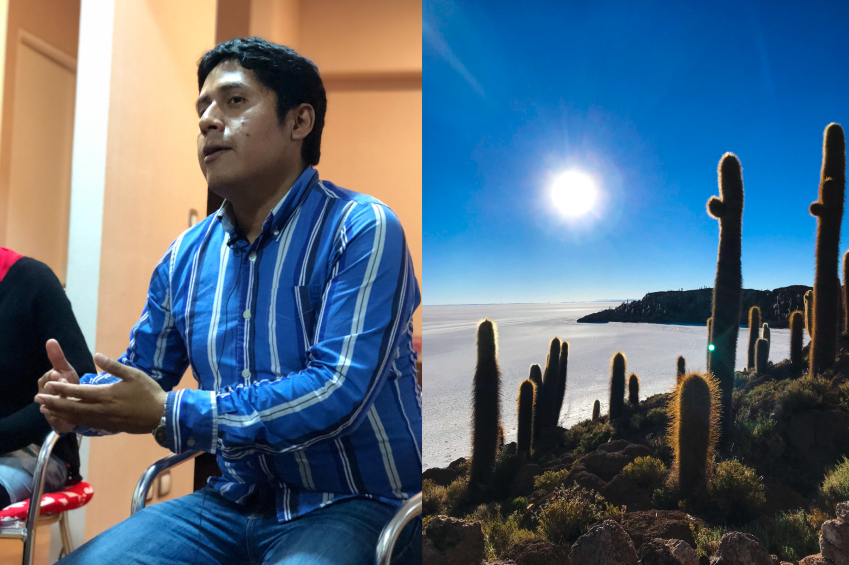
Discover the Interview with Edgardo, KEDGE Graduate and Logistics Coordinator at the Peruvian Ministry
The five students from the "KEDGE Alumni Success" pro-act are currently in South America, meeting with our graduates.
Can you tell us about your academic background in Peru and your studies at KEDGE? In what context did you study there?
First of all, thank you very much for this interview. I’m really happy you’re here. When Matthieu contacted me, it brought back many great memories from my time in France. I studied Environmental Engineering at the Catholic University in Peru. Later, I pursued a Master’s in Project Management, specializing in mining operations, with the goal of achieving results within a set timeframe.
Then I tried to improve my language skills to be able to travel abroad—it’s something I’ve wanted since I was a child. I wanted to discover different cultures and meet new people, to gain diverse experiences and grow. I chose France because I had studied French in high school. I looked for master’s programs related to science or procurement, and eventually found the Master in Trade and Logistics at KEDGE.
It was a great decision because it gave me the opportunity to improve and manage my efficiency, as well as to work with and for others. Thanks to this, I was able to enhance my skills and become Supply Chain Director in several companies in Peru and Singapore. Today, I’m Logistics Coordinator at the Ministry of Energy and Mines in Lima.
Why did you choose France?
I wanted to continue learning French, since I already speak English fairly well, I think. I wanted to travel and discover cultures and new people. Why? Often, when people go abroad and come back, they’re different—they’ve changed. But what happened to them? What changed? It’s because they’ve changed.
The change is in their way of thinking. They’ve learned new skills, especially professional ones, through encounters. All these things help you become a better person, a better professional. That’s why it’s important to keep learning.
What differences do you see in the way people work in Peru versus France?
What’s different is mainly the way results are achieved. From my experience, speaking the same language—among Peruvians—is easy, because we share the same methods. People with more or less the same culture will achieve similar results. If they also have similar experience or professions, the outcome will be roughly the same.
But when we talk about French or European people, they have a different education and more skills and competencies that allow them to reach results more easily. That doesn’t mean the result is better, or that the work of Peruvians or people from other countries is bad—it just means it’s faster.
What are your future plans? Where do you see yourself in 5 or 10 years?
In five years, I see myself with my family, probably not in Peru—maybe in another country, in Europe, to launch an entrepreneurial project. I can definitely see myself working in France, likely in supply chain, project management, or in digital and tech tools, which are very important nowadays.
How did KEDGE help you achieve your goals?
KEDGE allowed me to meet excellent professors from different parts of the world. I had the chance to learn from people from France, Korea, and the United States. They gave me advice and shared their experiences, which is very important as a student because we try to learn from those experiences and use them to imagine or improve our own projects. We take into account perspectives we wouldn’t otherwise have, because we don’t face the same challenges as, say, an American or a Korean. That’s one of the things that impacted me the most—I learned a lot from that and from those individuals.
They told us to learn by doing, and I realized that’s one of the best ways to learn: learning from our mistakes and building on our experiences. These were people who had failed but eventually succeeded. In other words, practice makes perfect! (Laughs)
Did you have any apprehensions before arriving in France?
Absolutely. I was afraid because of the language barrier and the cultural differences—people are very different, especially from one continent to another. My experience was very intense; I met people from Africa, China, Spain, France, India, Jordan, Peru—it was crazy working together. At first, we couldn’t stand each other (laughs) and didn’t want to work together because of that. But we learned, thanks to the professors of course. One of the most important things we learned was how to be tolerant and how to work together, especially with people from other countries, with different religions and ideas.
I did my best to show my friends the best of myself and the best of my country, so we could succeed and carry out our projects.
What advice would you give to a recent KEDGE graduate who’s hesitating to start their career in Latin America?
French graduates—or anyone coming from KEDGE—would learn a lot and do a great job thanks to their skills. In a country like Peru, there’s a lot to improve, and the people who should be doing that need to have strong values, good ethics, and solid knowledge.
Which sectors are thriving in this country, in your opinion? Are there opportunities for young graduates?
The mining sector, which is now public, is very important in a country like Peru—it accounts for 30–40% of the economy. We hope the economy will improve in the coming years, and mining is a sector that can only grow and gain importance.
What have you found here that you wouldn’t find in France?
The chocolatine! (Laughs) Let me think… Logistics, thanks to better transportation. Also, the way markets operate—they have a better supply chain than elsewhere. That’s one of the things I realized: the logistics and transport systems are more efficient professionally.
On a personal level… punctuality (laughs). People in France are very punctual. What else… People are curious about others and other cultures—eager to learn. I had French friends who were very curious about other cultures, especially about Peru.
I also really liked the French public transport system.
What is your role as an Alumni? You went through KEDGE and are now part of our global network.
I’d love to share my experience with other KEDGE students. It’s really great for me to “reconnect” with KEDGE here in South America. Before you came, I hadn’t had the chance to do that, because few people come to my country—so for me, this is really special.
I can definitely see myself, in the coming years and abroad, sharing my experience—both professional and personal—because I love teaching.
So it’s a possibility, and I’m happy to be doing it now, with younger people… I’m not that old! (Laughs) You’re always welcome, and if we could meet again in France or launch a project together, I’d be delighted.
